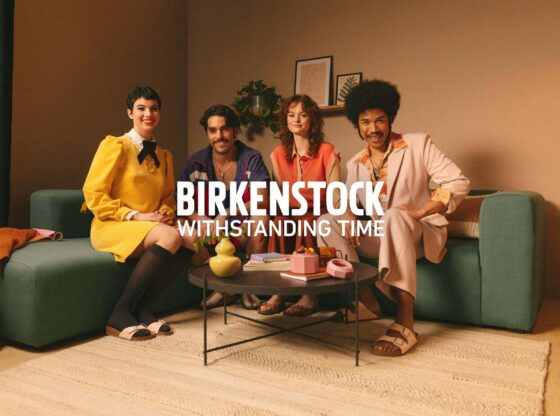![]()
I read an article the other day that got me thinking about gambling. It was written by The Times sports correspondent Matthew Syed.
Basically, he was talking about how sportsmen – and young footballers in particular – seem to fall foul of gambling addictions.
The tenet of his article was that young sportsmen with vast sums of money available to them are encouraged to never give up when playing their game yet this tenacity can be dangerous when applied also to gambling.
Not knowing when you are beaten is not the best of traits for a gambler.
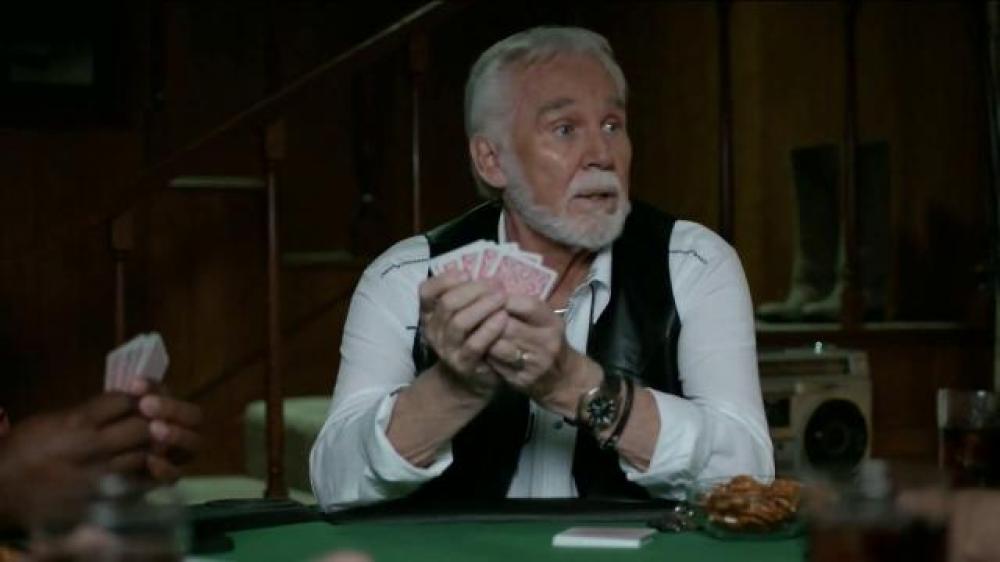
Gambling, of course, is illegal in Thailand. Police raids and court appearances confirm that it goes on, but it is still a criminal offence.
The more you tell people they can’t do something; the more they want to do it. Ask Americans how their grandfathers reacted to prohibition of the sale of alcohol almost a century ago.
How do I react to gambling being illegal in Thailand?
With very mixed feelings, if I’m being frank.
On one hand I don’t much care for measures that I think are part of a “nanny state”.
For example, I regard it as a nonsense that booze and cigarettes are blurred out in feature films shown on Thai TV.
In my mind this simply serves to draw attention to them.
But on the other hand, I do wonder if people sometimes need to be protected from themselves. When I was younger I developed something of a gambling addiction.
asinos were my downfall. Fortunately, I never go interested in the horses or any other sport.
One night 15 years ago I walked out of a casino at about 6 in the morning with £2,000 in my pocket. I remember it well because I went straight from the casino to a pub in the City of London to watch England’s soccer team play a dull 0-0 draw with Nigeria in the World Cup.
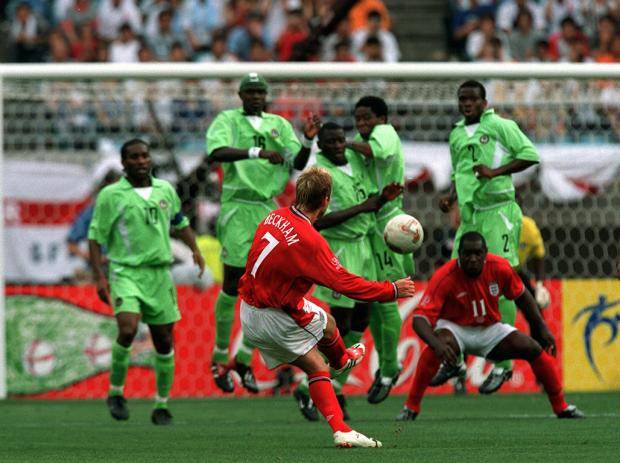
So, two thousand quid …what a consummate gambler I was!
Of course, the problem with gamblers is they can only remember the good times and block out memories of the bad.
I can say now with no great pride that I almost certainly lost between £5,000 and £10,000, maybe more, before it finally dawned on me that I had a problem.
Indeed I would say that coming to Thailand was probably my salvation in terms of gambling. A complete lack of casinos in the country helped wean me off the problem.
Not that I totally got away from losing money. I just swapped casinos for a wife! Guaranteed to see money go but a much nicer and more acceptable way of “losing” it.
Now I’m back in the UK I’ve made a point of not finding out where the casinos are. Even so, every day I am bombarded with advertising from betting companies encouraging me to take out an account with them.
An account? Makes it almost sound business-like and respectable, don’t you think?

I see advertisements in the newspapers and on TV for gambling. You can’t get away from them. Betting companies are shirt sponsors for close to half of the teams in the Premier League.
I think the league is being disingenuous here. They are worried about players gambling and, indeed, crack down on anyone betting on a game they are involved in, yet they welcome gambling companies onto their shirts.
In alphabetical order the teams with betting companies as shirt sponsors are:
AFC Bournemouth, Burnley, Crystal Palace, Everton, Huddersfield, Newcastle, Stoke, Swansea and West Ham.
That’s nine out of 20. Add in Watford whose shirt sponsors are a Forex trading company – to me a form of gambling – and that makes half of all the teams.
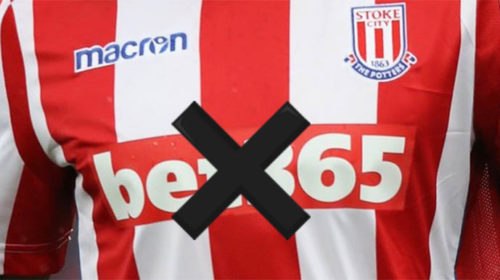
Bit strong, huh?
Another annoyance is that lots of bookmakers are adding annoying slogans to their advertising.
They urge you to “gamble responsibly” and say “when the fun stops, stop”.
What tosh! What they really ought to say is “put your house on it – literally”. Or “when the fun stops, keep going anyway – you might get lucky”.
This “responsibly” crap has also crept into alcohol advertising.
The ads say “drink responsibly”.
I always mentally add the rider “but drink a lot”.
The Brits have banned cigarette advertising but, unlike Thailand, haven’t got around to alcohol yet.
Certain Thai companies have sidestepped the ban on alcohol advertising by launching bottled water brands.
So you still see the Singha and Chang brand names but for their water, not booze.
Where do I stand on the ever-present question of whether gambling should be made legal in Thailand?
Let’s take a look at the UK situation.
Last year it is estimated that problems related to gambling cost the tax payer £1.2billion. This is comprised of money spent solving mental health problems, police interventions and homelessness.
Who can say that the problems in Thailand would not be similar?
The only difference is that, given Thailand does not have a welfare state, maybe the scale of the problem would not be noticed to the same extent.
The arguments in favour of legalised gambling are many and varied. Some contend that it would reduce gang-related crime.
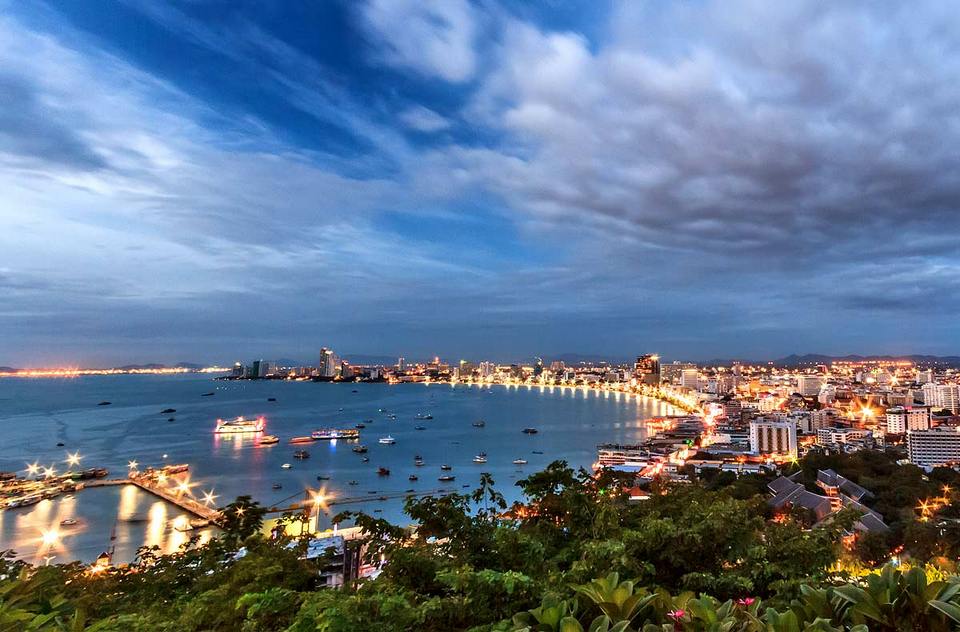
Hard to argue against. Others say it would increase tourist money coming into the country. Again, who would want to say that’s a bad thing? Thailand relies heavily on tourist spend.
I think few would dispute that gambling can be as addictive as alcohol consumption, cigarette smoking or drug taking.
So where do you draw the line?
Is it possible to gamble “responsibly”? Sure it is.
Should Thais have the freedom to gamble – legally – if they want to? Well, in the interest, of personal freedoms I guess the answer ought to be yes.
However, recalling my own past problems with gambling, maybe retaining the status quo might not be a bad thing.
But, then, it should be conceded that my views on the matter are not entirely impartial.
People talk a lot about only losing what you can afford to lose. Maybe I was able to “afford to lose” £10,000 or whatever the final figure was.
But, when I think of what I could do with that kind of money now, it would be invidious to contend that I have no regrets.
Will the laws in Thailand be changed soon? I wouldn’t bet on it!
By Dave Buckley









